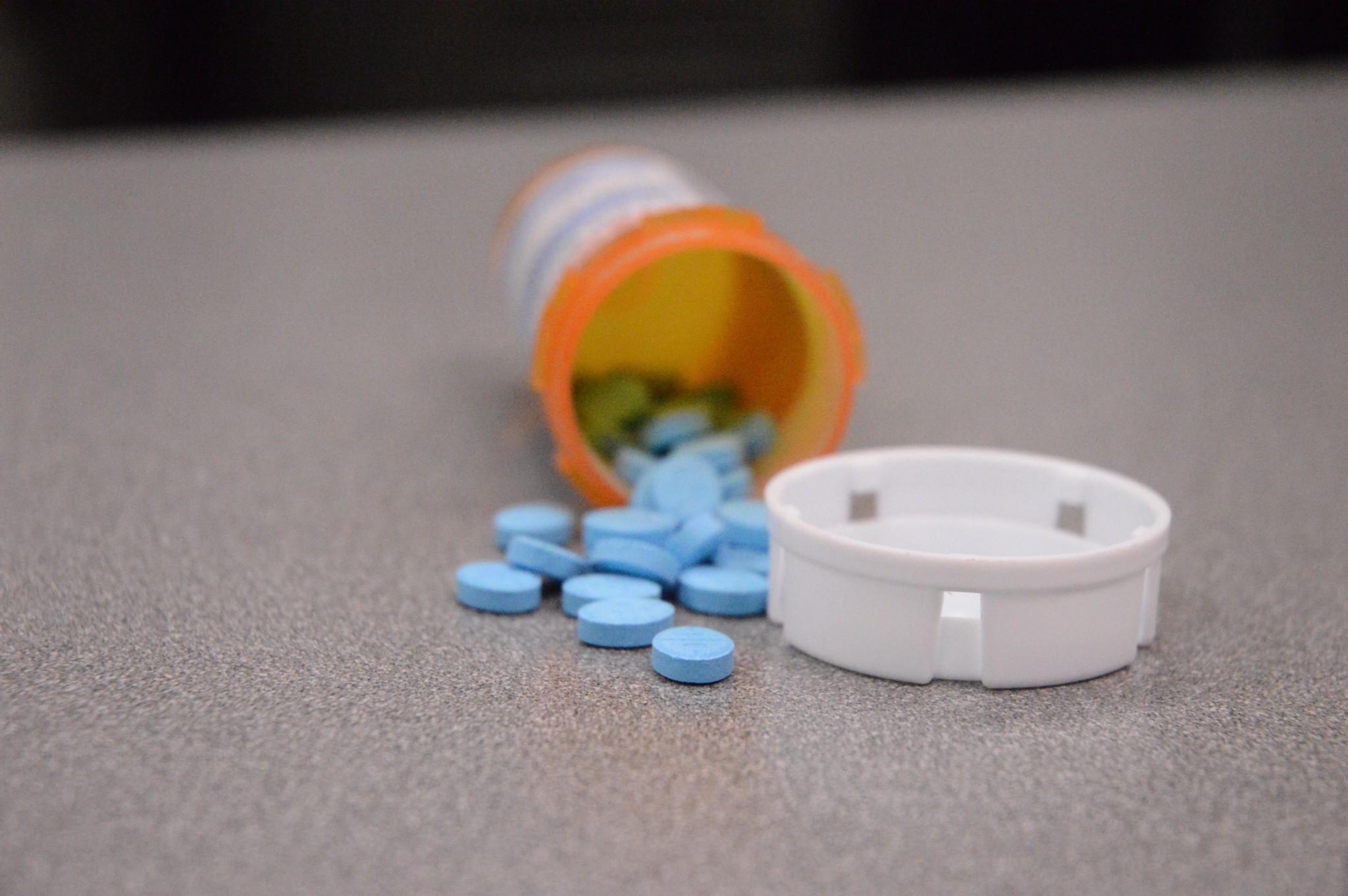For students diagnosed with an attention deficit or hyperactivity disorder, behavioral drugs have shown effectiveness compared to the detriment that they may cause to a student’s wellness when misused.
Behavioral drugs are predominantly stimulants, classified as either amphetamines or methylphenidates. The most common amphetamines are Adderall and Vyvanse while common methylphenidates are Focalin, Ritalin and Concerta. 
These medications are used to level the playing field for students with learning disabilities — specifically, the inability to focus. However, when students choose to partake in the use of these medications without a prescription or diagnoses of ADD/ADHD, side effects can range from mild to severe.
Ben Asma, a coordinator of Alcohol and Other Drug Services in the campus Wellness Center, said these medications can be a good thing, like any medication, when appropriate and monitored by a physician.
John Felipe, a freshman computer science major at Appalachian State University was diagnosed with adult ADHD last year. His doctor prescribed him a small dose of instant release Adderall, taken twice a day as needed.
“To say that it has positively impacted my day to day life would be a vast and borderline exceedingly modest understatement,” Felipe said. “For the first time in my life, I have been able to actively engage in seemingly mundane interaction for an extended amount of time. In my experience, responsibly utilizing a tool like Adderall can be an overwhelmingly positive and rewarding experience.”
Both Asma and Dr. Bob Ellison, director of Student Health Services made it clear that medication was not a singular fix for students who suffer with ADD/ADHD, and instead should be used as just one component of a larger system of management.
The Office of Disability Services at Appalachian offers a wide variety of accommodations to ease the academic frustrations that students with ADD/ADHD face. Diagnosed students have access to assistive technology, extended testing time and quiet environments for testing. Asma and Ellison both encourage students with disabilities to access resources offered.
Ellison said although there has not been a specific increase in the prescription of stimulant drugs, there has indefinitely been an increase in all mental health drugs including those for anxiety and depression.
“It’s our job that we help students learn how to learn,” Ellison said. “We want to be thoughtful, we want to be helpful, and we are not pill pushers.”
Asma agreed that the misuse of these medications by students is becoming a problem on college campuses, due to students thinking that they need the medications to succeed in the rigorous and often stressful environment that college can be.
“The misuse of these medications can lead to negative social interactions, insomnia, malnutrition, and can be detrimental to academic behavior,” Asma said. “Stimulants can be harmful to students who do not need them, but they can be a wonderful thing for the ones that do.”
Story: Jordan Boles, Intern News Reporter
Photo Illustration: Alex Gates, Photo Editor
